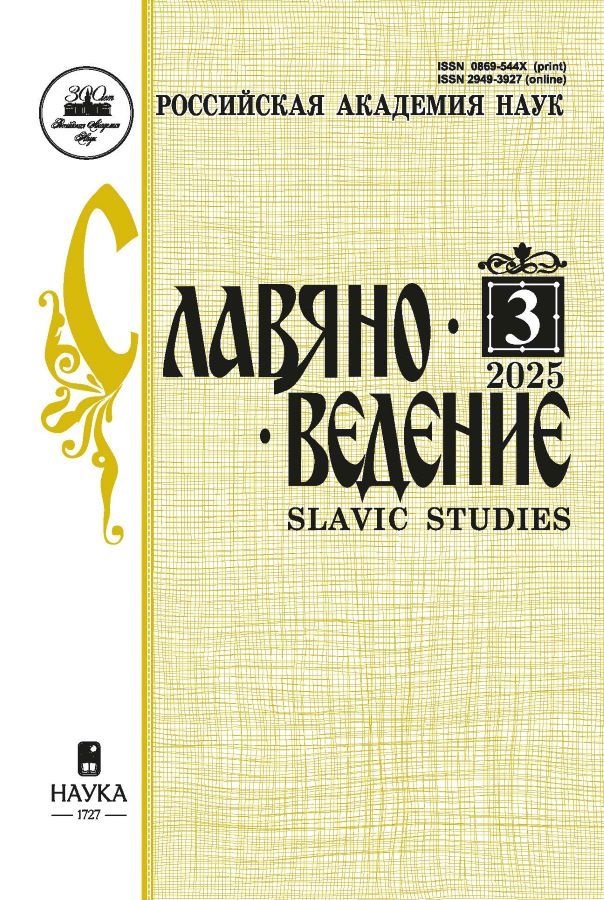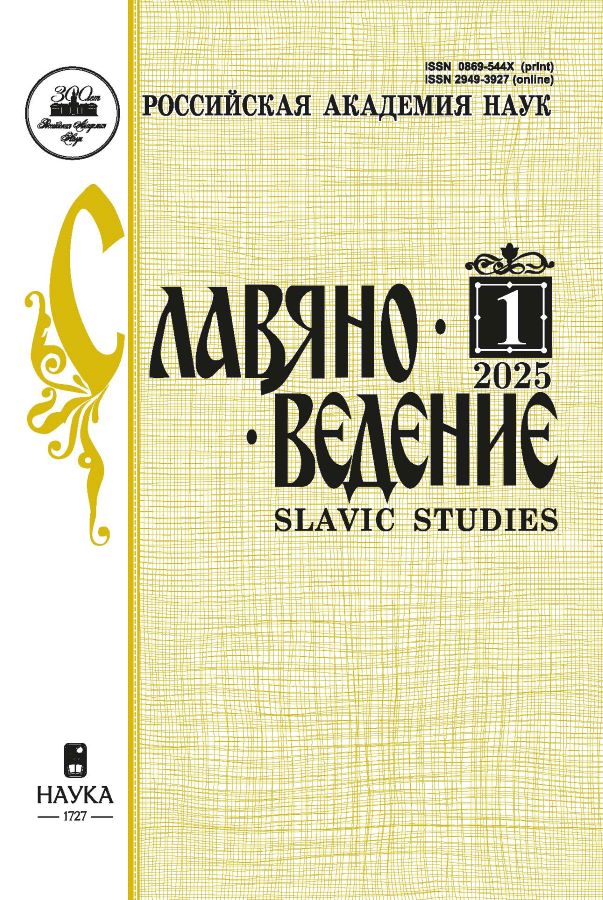Field Research in the Eastern European Migrant Communities in Argentina and Uruguay
- Authors: Pilipenko G.P.1
-
Affiliations:
- Institute of Slavic Studies of Russian Academy of Sciences
- Issue: No 1 (2025)
- Pages: 108-117
- Section: Essays
- URL: https://rjmseer.com/0869-544X/article/view/682774
- DOI: https://doi.org/10.31857/S0869544X25010098
- EDN: https://elibrary.ru/IZYFJA
- ID: 682774
Cite item
Abstract
The paper deals with analyzis of the first results obtained during the linguistic field research in 2023 in the Eastern European migrant communities (Croats, Slovenes, Montenegrins, Hungarians, Russians, Belarusians, Ukrainians) living in Argentina and Uruguay. During the field research, the linguistic situation within communities was studied with special emphasis on bilingualism and code switching, as well as on language competence in the native language of the informant. Cases when informants pass from one Slavic language to another Slavic language have been revealed, as well as examples of the coexistence of several Slavic languages in their language repertoire that preserve dialect items of the original migration area. Audio data in Hungarian, Croatian, Slovenian, Russian, Ukrainian, and Spanish are discussed in this paper. In addition to audio materials, written documents were collected: private correspondence, diaries, accounting records, which contain numerous contact phenomena. These data significantly complement our audio corpus, allow us to understand the degree of penetration of borrowings into the written speech of informants. In the future, it is planned to publish transcribed narratives.
Keywords
Full Text
About the authors
Gleb P. Pilipenko
Institute of Slavic Studies of Russian Academy of Sciences
Author for correspondence.
Email: glebpilipenko@mail.ru
ORCID iD: 0000-0002-5422-0039
PhD. (Philology), Senior Research Fellow
Russian Federation, MoscowReferences
- Dubovik V. Zhizn pervykh russkikh poselentsev v Urugvae: vzgliad iznutri. Russkie v Urugvae: istoriia i sovremennost. Montevideo, 2009, pp. 43–52. (In Russ.).
- Pilipenko G.P. Ekspeditsiia k slavianam v Iuzhnuiu Ameriku. Slavianskii almanakh, 2018, no. 1–2, pp. 289–300 (In Russ.).
- Slovar russkikh narodnykh govorov. Vyp. 27. Pechechki-podelyvat. F.P. Sorokoletov (ed), St. Petersburg, Nauka Publ., 1992, 401 p. (In Russ.).
Supplementary files











